GOVERNING BODIES
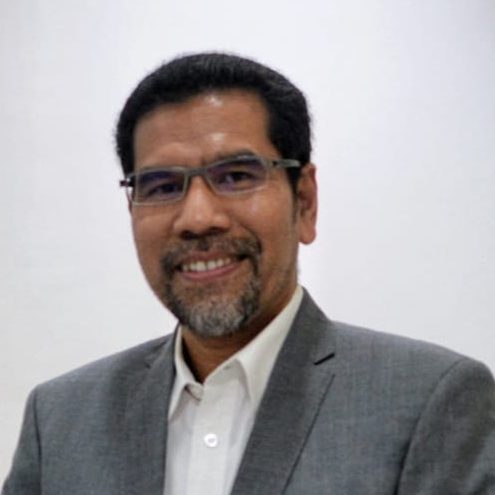
CHAIR OF THE BOARD OF TRUSTEES
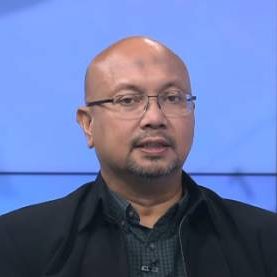
MEMBER OF THE BOARD OF TRUSTEES
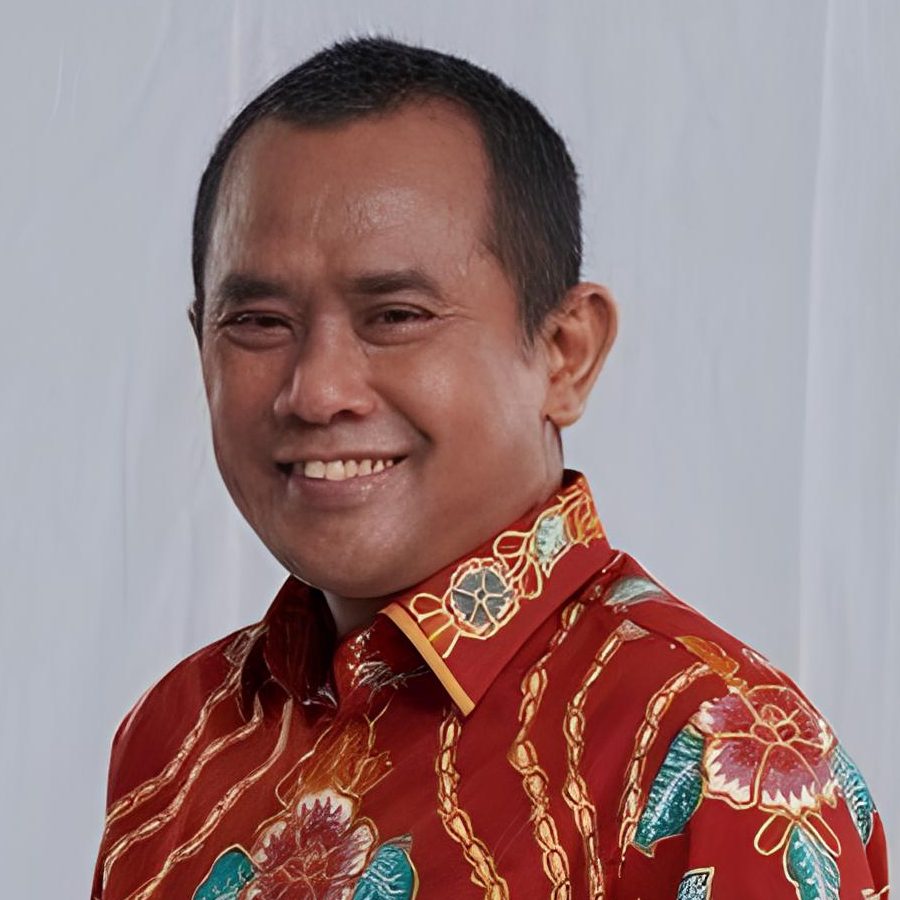
CHAIR OF THE SUPERVISORY BOARD
EXECUTIVE MANAGEMENT
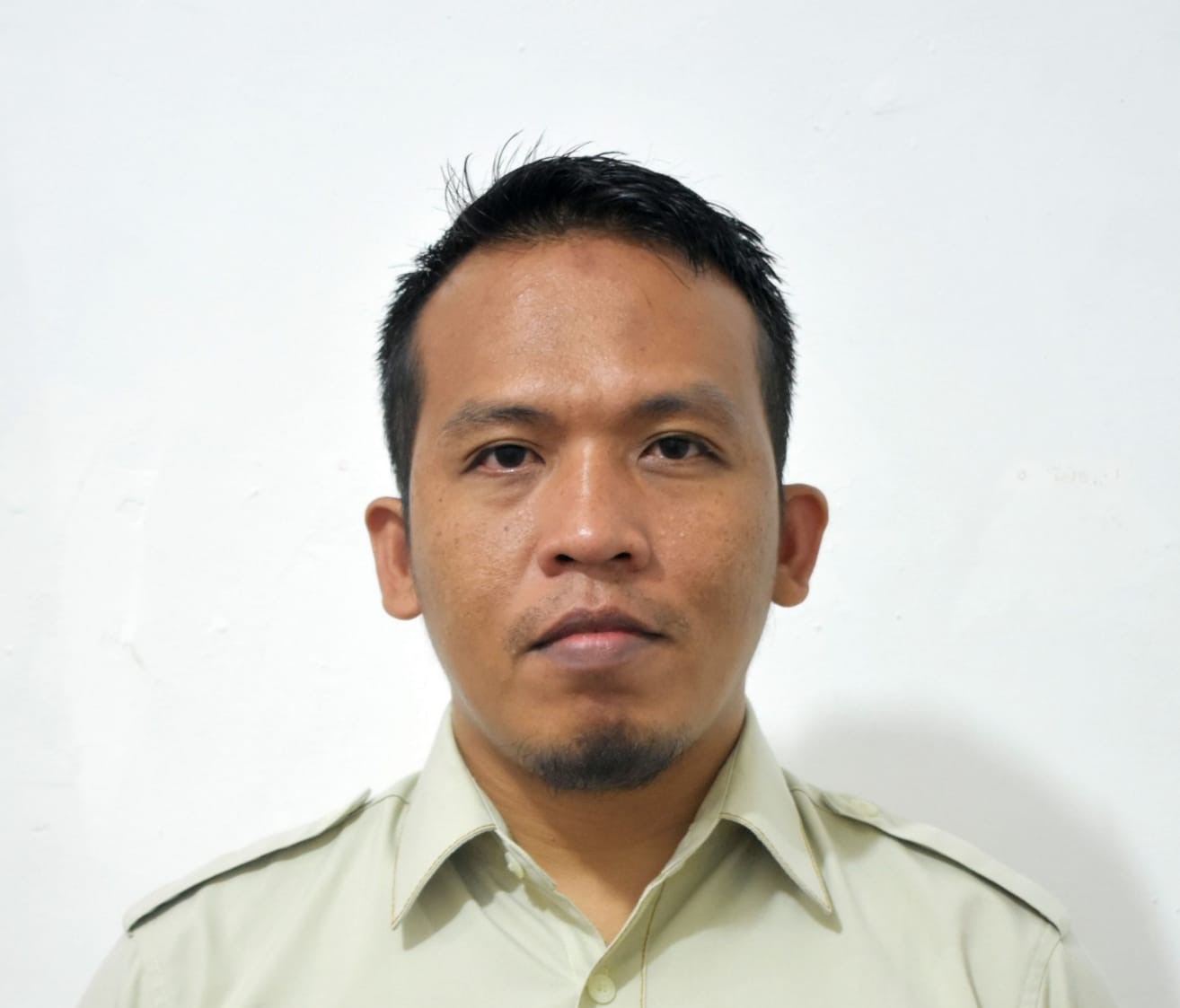
CHAIRPERSON/SENIOR RESEARCHER
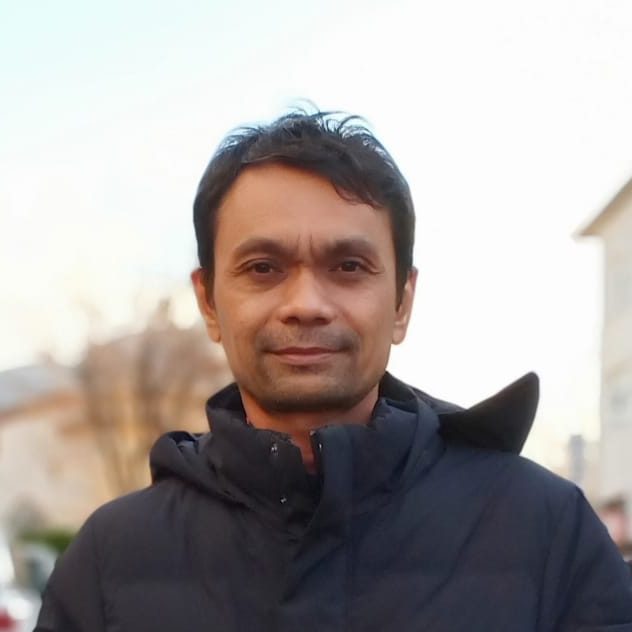
GEN. SECRETARY/SENIOR RESEARCHER
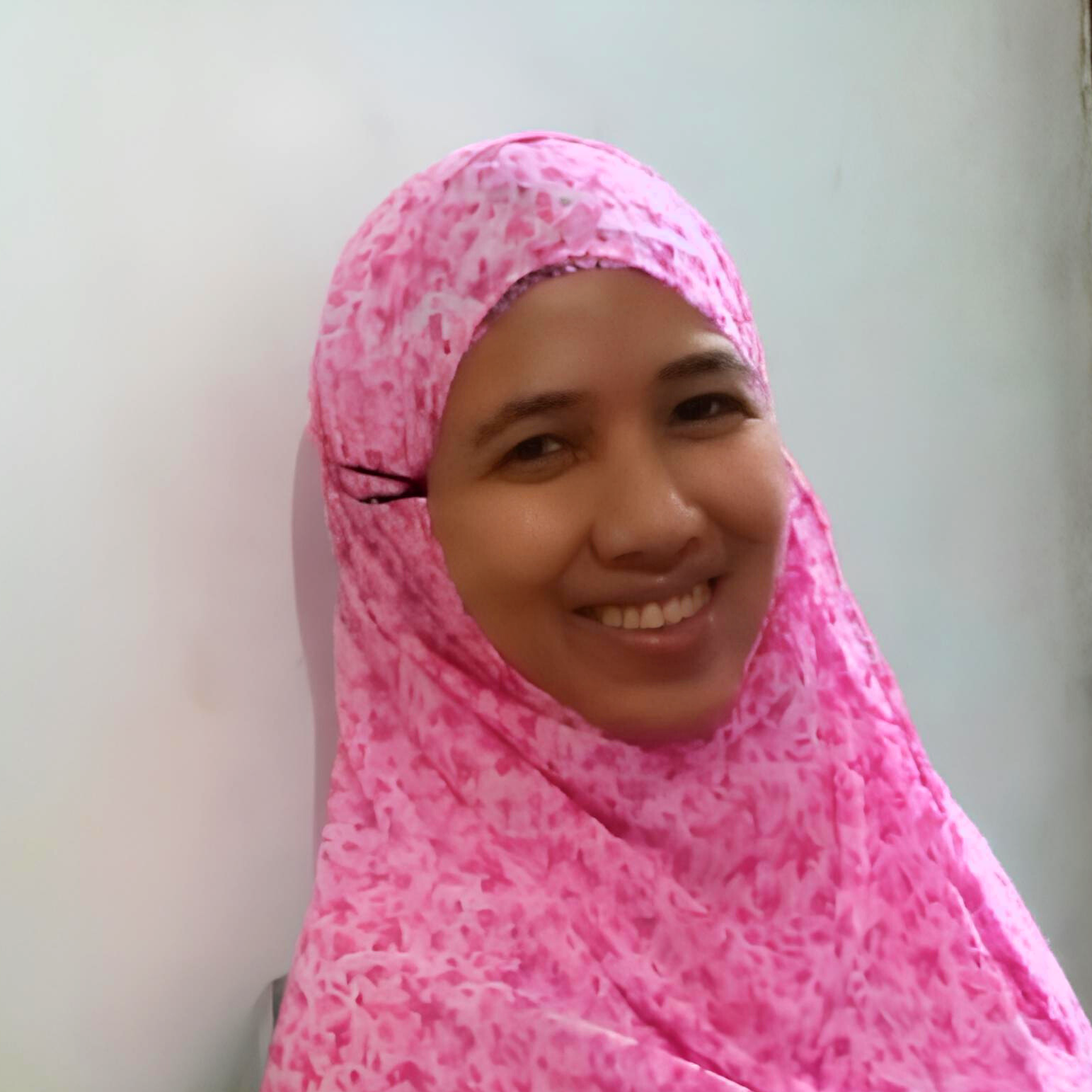
TREASURER

FOUNDATIONAL
IDEAS
The Constitution exists to restrain power, not to empower it. This foundational principle echoes the timeless warning of Lord Acton: “Power tends to corrupt, and absolute power corrupts absolutely.” Unrestrained state authority is inherently predisposed to corruption, and left unchecked, it inevitably neglects the interests of the people. Power, by its nature, seeks to accumulate and preserve itself; it is for this very reason that the Constitution must act as a safeguard, designed to tame this impulse and impose limits upon it.
More than two decades since the Reformasi movement, Indonesia’s political journey has drifted markedly from its noble ambitions. The original spirit of Reformasi, to uphold the supremacy of law and to dismantle the entrenched networks of corruption, collusion, and nepotism, has faded into obscurity. Today, the Constitution is too often contorted into an instrument of entrenchment, employed to fortify the power of the few while casting aside the moral imperatives of democratic ethics. Representative institutions, once envisioned as guardians of the people’s will, have in many instances become mechanisms for the consolidation of oligarchic rule. The judiciary, meant to uphold justice, is at times reduced to a tool for suppressing dissent and silencing critical civic voices.
The Constitution, as the supreme law of the land, is not a static text, it is in the making. It must continuously evolve, expanding to embody the full breadth and depth of democratic ideals. Only by allowing the Constitution to grow and mature in this way can the architecture of state power rest securely upon the pillars of democracy. A democratic Constitution is not merely a legal document, it is a strategic national asset, essential to securing the sustainability and dignity of the Indonesian republic.
From a democratic Constitution must logically emerge a democratic legal order. Yet in practice, political struggle, rooted in elite interests and short-term pragmatism, often distorts this ideal. It shapes the black letter of the law, generating statutes and policies that emanate from executive and legislative bodies but violate the very spirit, and sometimes the substance, of the Constitution. It is therefore imperative to critically examine and constitutionally challenge laws and regulations that are misaligned with democratic principles. This is the only path through which Indonesia’s democracy can be meaningfully realised: not merely procedurally, but substantively, and constitutionally.
Amidst the deteriorating legal and political climate in Indonesia, on 16 July 2024, a collective of individuals long committed to holding power to account, through scholarship, civic leadership, and public service, established a think tank: CONSID. This institution serves as a common platform for safeguarding and advancing a constitutional order that genuinely reflects democratic values. Conversely, it seeks to ensure that democratic principles themselves are enforced constitutionally, by promoting public vigilance and institutional accountability.






Social Affairs
Humanitarian Affairs